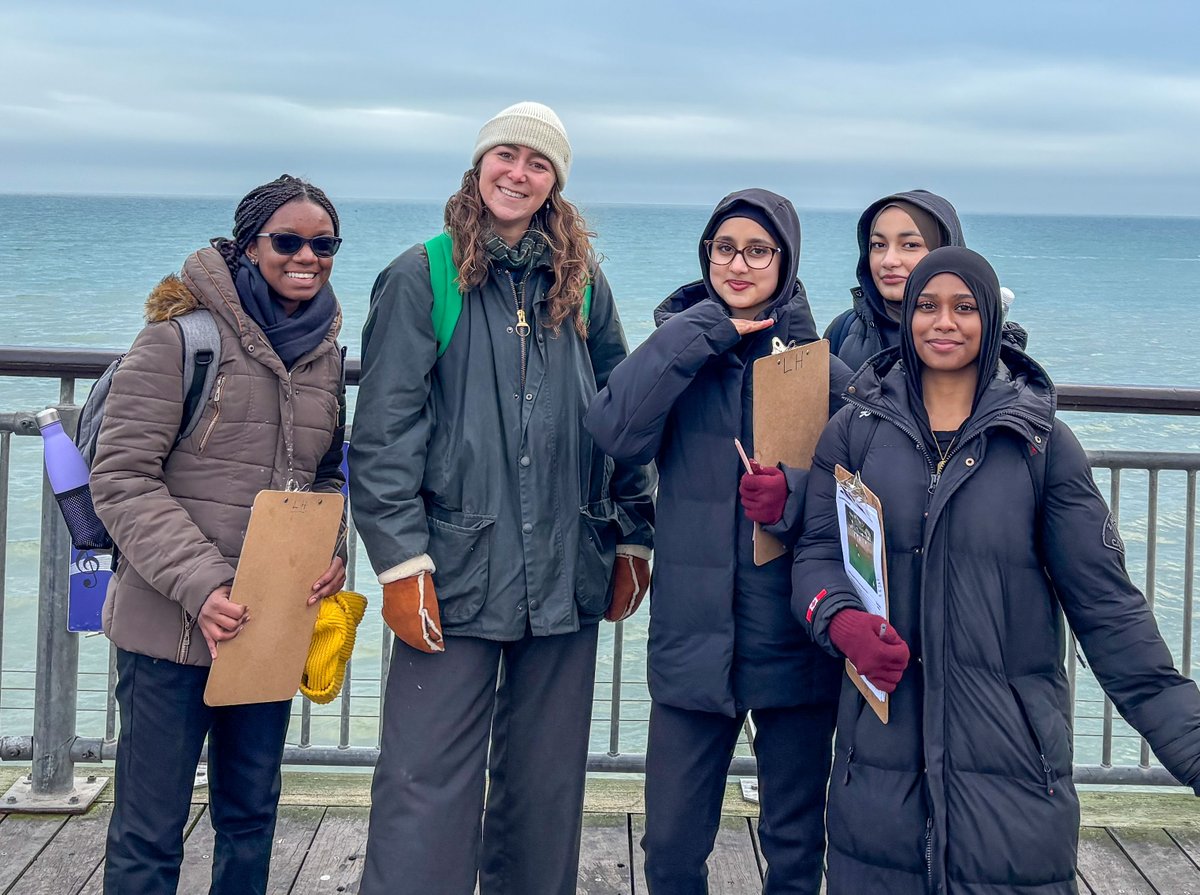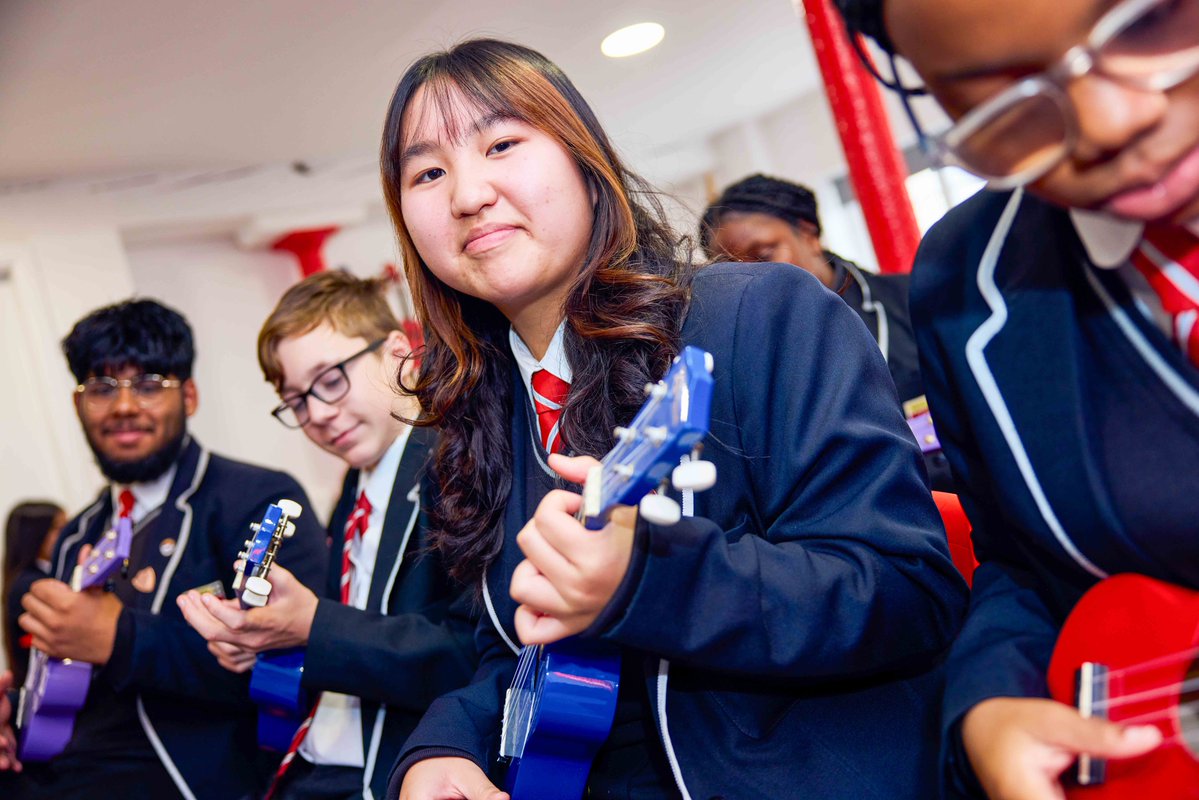Classics
We want all children to be leaders in their chosen field. In Classics this means that our students will go to a Russell Group University, completing courses in Classical Literature, Latin, Greek and Ancient History. They will be able to enter a wide variety of academic careers, such as politics, law, journalism, writing and research.
Growth is developed in Classics as students receive constant feedback, both verbal and written, on their Latin translation. This enables them to use their language skills to understand and critically respond to the literature and culture of the ancient world.
The Classics curriculum teaches responsibility where students need to make sure they constantly learn and revise new Latin vocabulary and grammar.
We believe that all students should have the ambition to study a Classical subject at university and to become an expert in many areas of the ancient world, whether linguistic, literary, or historical.
In Classics, students show compassion by understanding the role of Latin in the formation of both English and other modern languages and cultures.
Our students strive for excellence in their Classics work by pushing themselves to always learn more about Classical languages and History. Their knowledge of vocabulary and grammar will prepare them for any examination in Classics throughout their education.
|
|
Autumn 1 |
Autumn 2 |
Spring 1 |
Spring 2 |
Summer 1 |
Summer 2 |
|
Year 7 |
Unit title: Homer's Iliad |
Unit title: Homer's Odyssey |
Unit title: An Introduction to Latin (familia et villa) |
Unit title: Daily Life in Pompeii (negotium et forum) |
Unit title: Roman Theatre |
Unit title: Roman Slavery |
|
Year 8 |
Unit title: Virgil's Aeneid |
Unit title: Roman Ghost Stories |
Unit title: Roman Gladiators |
Unit title: Roman Public Baths |
Unit title: Roman Education |
Unit title: Roman Elections |
|
Year 9 |
Unit title: Mount Vesuvius |
Unit title: Latin consolidation |
Unit title: Classical Civilisation Introduction |
Unit title: Greece in the Classical Period |
Unit title: Early Roman History |
Unit title: The Late Republic |
|
Year 10 Classical Civilisation |
Unit title: Women in Ancient Athens and Sparta |
Unit title: Women in Ancient Rome |
Unit title: Women and religion (Greece and Rome) |
Unit title: Women in power and warrior women (Greece and Rome) |
Unit title: Women to be feared (Greece and Rome) |
Unit title: Introduction to Homeric Greece |
|
Year 11 Latin |
Unit title: Literature 1 |
Unit title: Literature 2 |
Unit title: Language Revision |
Unit title: Roman Civilisation Revision |
Unit title: Exam Preparation |
|
|
Year 11 Classical Civilisation |
Unit title: Homer's Odyssey |
Unit title: Homer's Odyssey 2 |
Unit title: The Homeric World |
Unit title: Women in the Ancient World |
Unit title: Exam Preparation |
|
The Latin GCSE is the Eduqas exam board. See the specification here: https://www.eduqas.co.uk/media/rtxlja0x/eduqas-gcse-latin-spec-from-2016-e-11-05-2022.pdf
The Classical Civilisation GCSE is the OCR exam board. See the specification here: https://ocr.org.uk/Images/315240-specification-accredited-gcse-classical-civilisation-j199.pdf
How does the study of Classics and Latin link to future careers?
Latin and Classics are invaluable for our students for both their linguistic and literary benefits. They enable students to gain a better understanding of English and French and how grammar and vocabulary form the basis of any language. By reading many of the seminal works of literature from the Classical World students can situate any book they are reading in the history of writing. They also make comparisons between ancient and modern culture, helping them to become more conscientious in their approach to societal issues.
How does Classics link to the extra-curricular provision at HSAEL?
We take students on regular trips to the British Museum to see some of the artefacts that they are studying. In addition there are Classics competitions throughout the school year which they are encouraged to enter to broaden their experience of the ancient world.























